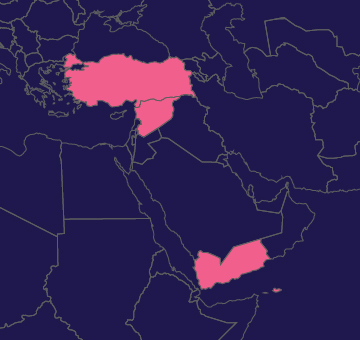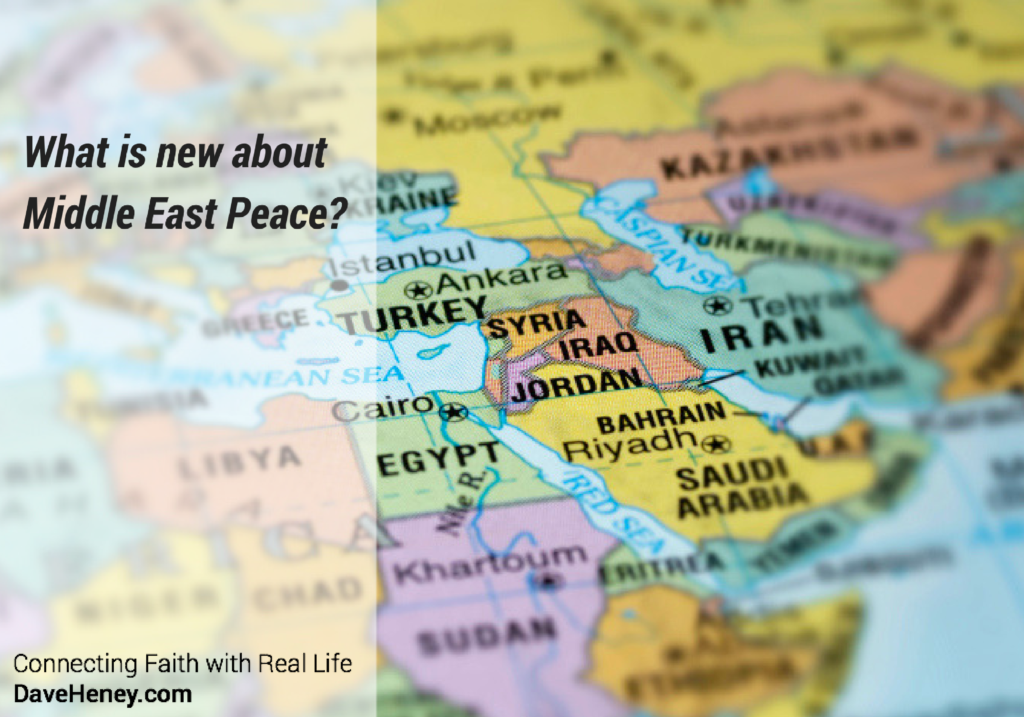

China’s trade in the region has skyrocketed since the turn of the twenty-first century and continues to expand, increasing from $180 billion in 2019 to $259 billion in 2021. Welcoming the ChineseĮconomically speaking, the Middle East has long embraced Beijing. This could be achieved by curtailing Iranian support for nonstate actors and withdrawing from aggressive campaigns in Iraq, Lebanon, Syria, Yemen, and the Gulf. Although Saudi Arabia intervened in Bahrain in 2011 and has been militarily involved in Yemen since 2016, the Islamic Republic’s policy toward the Middle East-which is interventionist in nature, by both historical and ideological design-needs to be revised. The Saudi-Iranian agreement to normalize and uphold the principles of national sovereignty and noninterference will depend on the policies of regional actors themselves-Iran in particular. Yet China’s ability to achieve its proclaimed objectives of peacefully resolving Middle Eastern conflicts and realizing regional stability will now be put to the test. His research and writings focus on governance in the Middle East and North Africa, social vulnerability, and the different roles of governments and civil societies in the region. Put simply, peace in the Middle East means peace in the world.Amr Hamzawy is a senior fellow and the director of the Carnegie Middle East Program. Taking into consideration the direct and indirect impacts of the Middle Eastern problems on the world, no one can stay idle. Since the path to global peace crosses through the Middle East, ignorance and intolerance toward the region cannot be accepted. However, it also falls short as other developed or developing countries, organizations and institutions need to develop a common understanding. The EU is also of the opinion that, “There is a need to improve access to basic services such as water, health care, education and legal assistance, as well as protection, psychosocial care and physical rehabilitation” in the country.įor each country in the Middle East, the bloc has prepared a detailed report, showing the realities and providing key notes on what can be done to improve them. The presence of terrorism is another great challenge at hand. According to reports, some 2.4 million Iraqi people have acute humanitarian needs while the drop in oil prices and unemployment have collapsed the country’s economy. Or, take Iraq, whose socio-economic situation was severely damaged during the coronavirus pandemic. By reforming the region, the world can contribute to rebuilding the region, the bloc believes.įor another example, in the decadeslong Israeli-Palestinian conflict, which is one of the hot topics of the region, the bloc sees coming to a resolution as its fundamental interest while supporting “the two-state solution with an independent, democratic, viable and contiguous Palestinian state living side-by-side in peace and security with Israel and its other neighbors.” The EU stanceĪccording to the European Union, in the Middle East, “a political and economic reform in each individual country in due respect for its specific features and regional cooperation among the countries of the region themselves and with the EU” is what needs to be supported and encouraged. Indeed, knowing what’s happening in this country is enough to comprehend the state of the whole region.


More numbers and statistics follow each other to reveal the reality of life in the country since the war erupted back in 2011. Only in northern Syria, there are around 3.5 million locals, the majority of whom are displaced, in dire need of basic necessities. The World Food Programme (WFP) also warned that 12.4 million people – nearly 60% of the population – are facing food shortages. Syria as clear exampleĬurrently, it is reported that around 13.4 million people are in need of humanitarian aid in war-ravaged Syria. The two sides of the coin tells us the world is supposed to shoulder responsibility just as ordinary people do. On the one hand, it is both more than encouraging and admirable to see that there are still those who embrace and work for the values humanity shares while, on the other hand, unfortunately, we see an international community that does not provide the sufficient diplomatic and political support. From basic survival needs to educational necessities, several different aid campaigns have been organized so far to help suffering people. For instance, for a long period of time, nongovernmental organizations (NGOs) all-around the world, including particularly Turkey, have rushed to get mobilized to reach out to people in need in the region, particularly in Syria.


 0 kommentar(er)
0 kommentar(er)
